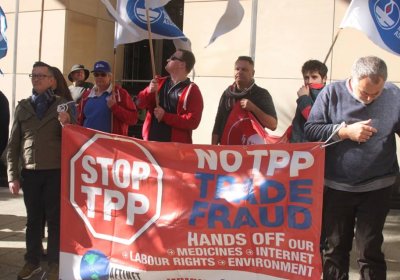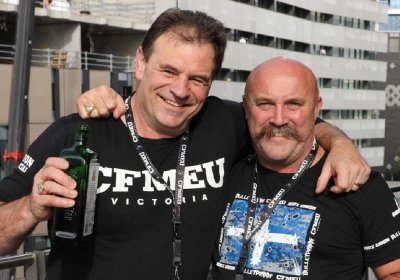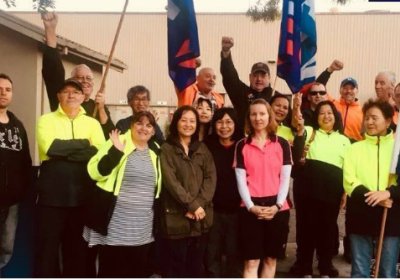“Join your union and bargain together” is the lesson from the recent pay campaign by EDI-Downer workers, Australian Manufacturing Workers Union (AMWU) NSW assistant secretary Corey Wright told Green Left Weekly.
A three-day strike involving mass meetings, rallies and a march of 200 workers down Newcastle’s Hunter Street, encouraged the company to start serious discussions with the union after six months of stalling.











